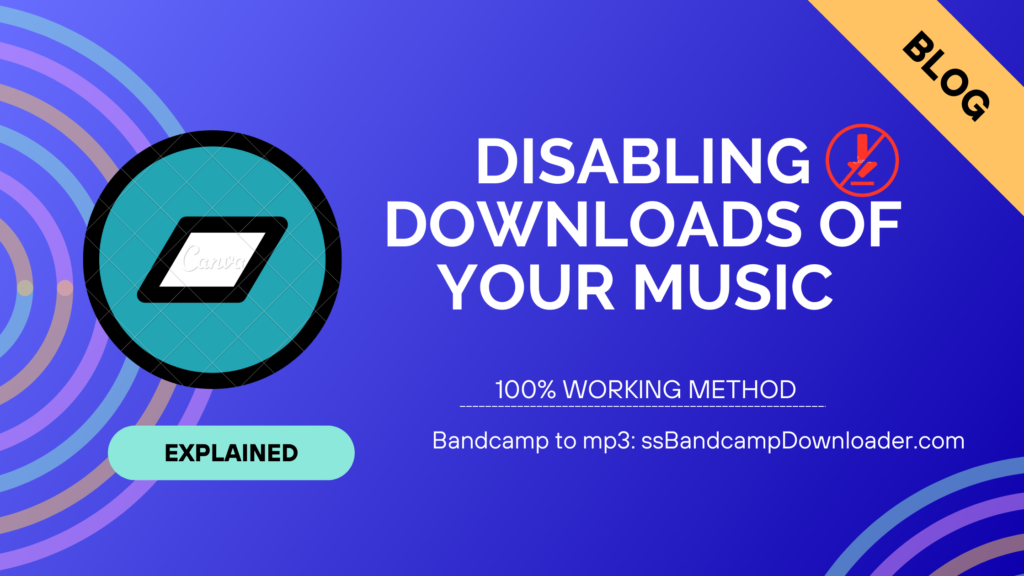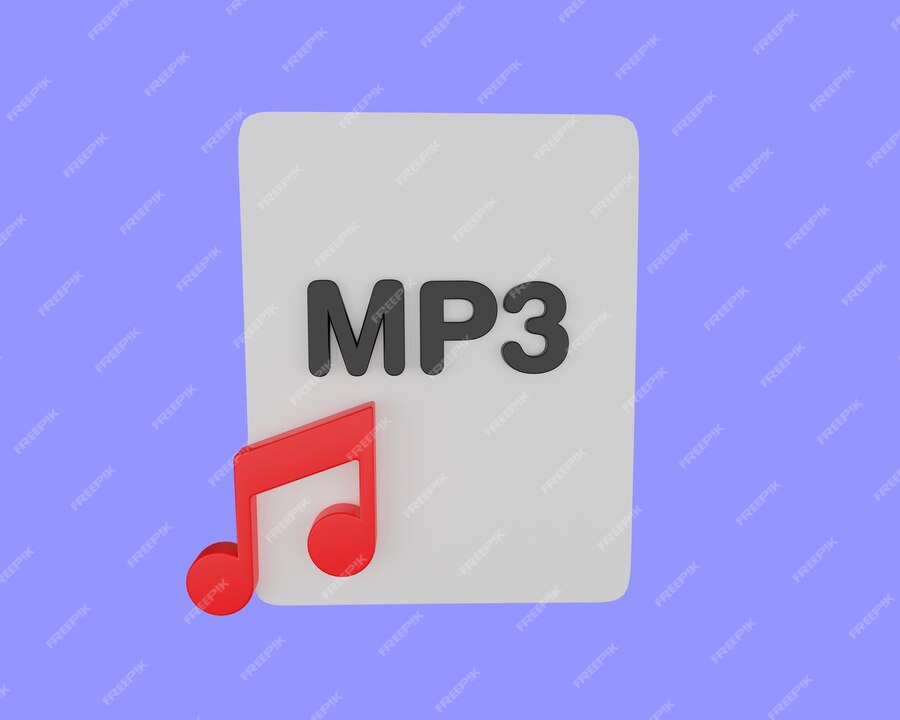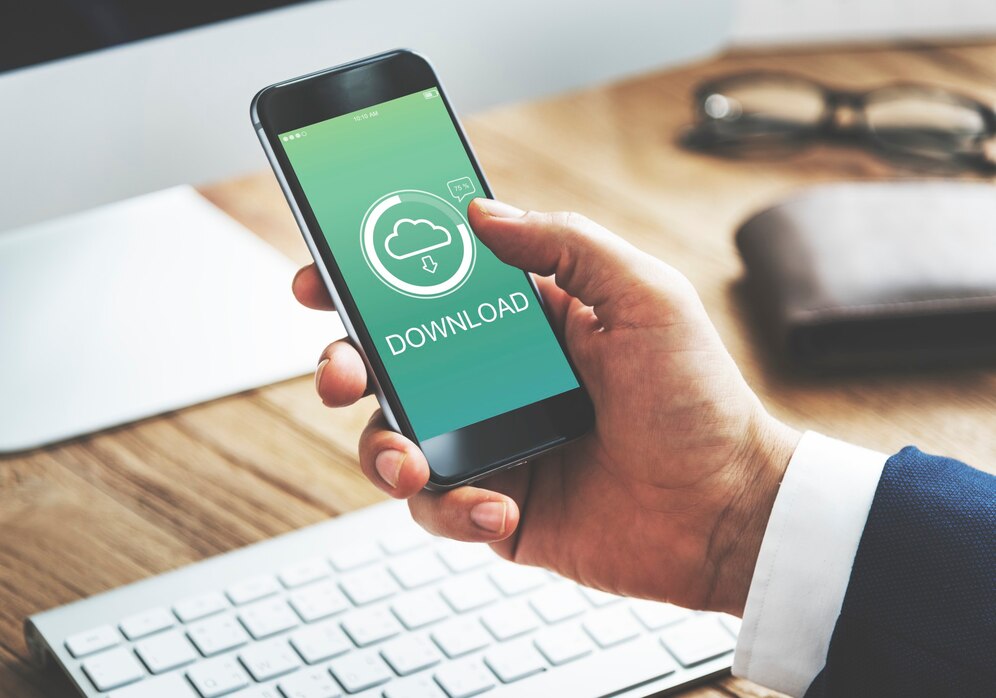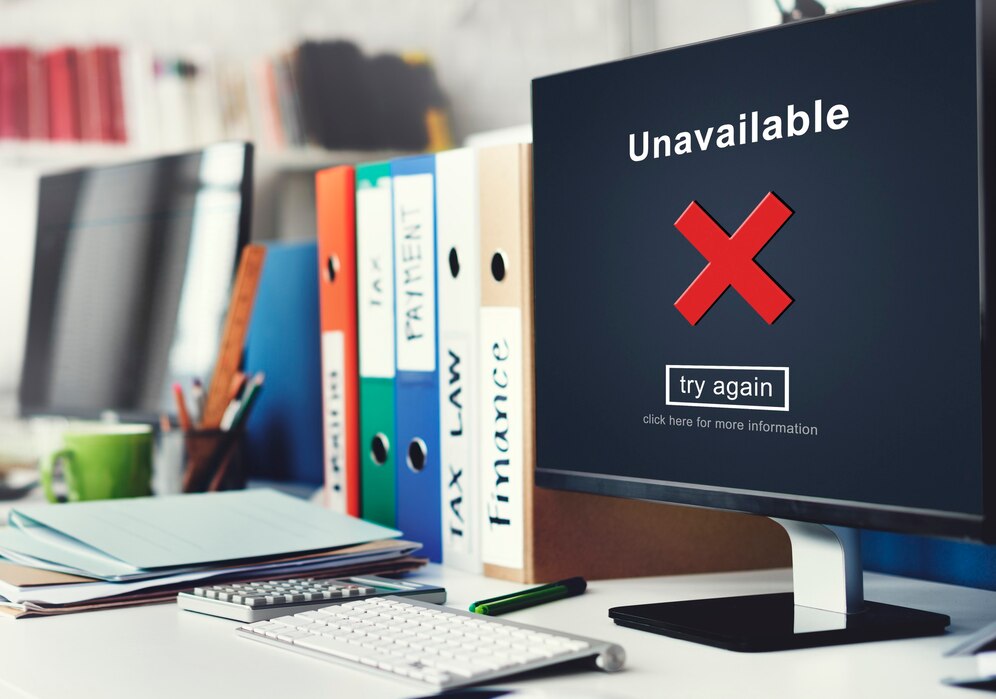Bandcamp has emerged as a powerful platform for independent musicians to share their craft with a global audience. Yet, in the digital age, questions arise about control over one’s art. Specifically, can artists disable the downloading option on Bandcamp, a feature often seen as a vital part of music distribution?
In this article, we dive into the intricacies of Bandcamp, exploring whether it grants artists the capability to prevent users from downloading their music. By shedding light on this aspect, we aim to help musicians make informed decisions about their work and the relationship they foster with their fans on this unique platform.

Understanding Bandcamp’s Features:
Bandcamp, at its core, is an online music distribution and streaming platform that has carved out a niche for itself in the ever-evolving music industry. It offers independent musicians a direct channel to showcase and sell their music, unburdened by the constraints often imposed by major record labels.
One of the key features that has contributed to Bandcamp’s popularity is its flexibility in allowing artists to set their own terms. Musicians can create personalized pages for their music, complete with album artwork, tracklists, and descriptions. This user-friendly approach empowers artists to present their work exactly as they envision it.
However, when it comes to the downloading aspect, Bandcamp takes a stance that prioritizes the relationship between artists and their fans. By default, the platform offers fans the option to download purchased music in high-quality formats like FLAC, WAV or MP3.

This feature has been instrumental in making Bandcamp a favorite among audiophiles who appreciate the ability to own and download music files.
The download option serves multiple purposes. Firstly, it caters to the preferences of fans who want to listen to music offline or on various devices without depending on a constant internet connection.
Secondly, it supports artists by allowing them to sell their music directly to fans, enabling them to generate revenue without intermediaries taking a significant cut.
In essence, Bandcamp’s feature set has been meticulously designed to strike a balance between providing musicians with the tools they need to connect with their audience and giving fans the flexibility to enjoy music on their own terms. This duality lies at the heart of Bandcamp’s appeal, raising questions about whether artists can, or should, disable the downloading option on a platform built around such artistic freedom.
The Download Option on Bandcamp:
Bandcamp’s download option is a fundamental component of the platform, offering both artists and fans significant advantages. It provides fans with the ability to acquire digital copies of their favorite music, allowing them to listen offline, create playlists, and transfer tracks to various devices with ease.
For artists, enabling downloads on Bandcamp can be a strategic move. It allows them to connect with a broader audience, including those who prefer to own music files rather than rely solely on streaming. This approach can help artists generate revenue directly from their music sales, especially important for independent musicians looking to sustain their creative endeavors.

The flexibility of Bandcamp’s download feature extends to the formats available for purchase. Fans can choose to download music in high-quality formats like FLAC or MP3, catering to a range of preferences, from audiophiles seeking top-notch audio to casual listeners looking for convenience.
Moreover, Bandcamp offers artists the option to set their pricing or implement a “name your price” model, giving them control over how they monetize their music. This approach fosters a direct artist-fan relationship, where fans can choose to support artists at a level that aligns with their appreciation for the music.
In summary, Bandcamp’s download option plays a pivotal role in the platform’s ecosystem, benefiting both artists and fans alike. It grants artists control over how they sell their music and provides fans with a convenient way to access and enjoy their favorite tracks. However, while this feature brings many advantages, there are scenarios where artists may consider disabling downloads, which we will explore further in this article.
Reasons to Consider Disabling Downloads:
While Bandcamp’s download option offers numerous benefits, there are valid reasons why some artists might contemplate disabling it. Let’s delve into these considerations:
- Protecting Copyright: Some artists may be concerned about the potential misuse of their music files. By disabling downloads, they aim to safeguard their copyright and prevent unauthorized distribution or sharing of their work.
- Exclusivity: Artists who want to create a sense of exclusivity around their music may choose to limit access. Disabling downloads can make their music feel more scarce, encouraging fans to engage in other ways, such as attending live performances or purchasing physical merchandise.
- Control Over Distribution: In cases where artists have signed exclusive distribution deals with other platforms or record labels, disabling downloads on Bandcamp can help ensure that their music is only available through the designated channels.
- Sampling and Licensing: Some musicians may use Bandcamp as a platform to showcase their work for licensing opportunities or as a portfolio for potential collaborators. Disabling downloads can prompt industry professionals to reach out for licensing arrangements rather than downloading the music for free.
- Experimental Releases: Artists experimenting with new sounds or genres might choose to disable downloads for certain releases to gauge initial reactions and collect valuable feedback before making their music more widely available.
- Privacy and Artistic Freedom: Artists who value their privacy or wish to exercise full control over their art might opt to limit downloads to maintain a more intimate connection with their fanbase.
- Protecting Unfinished Work: In some cases, artists may upload works in progress or unreleased tracks for their dedicated fans. Disabling downloads can prevent these unfinished pieces from circulating prematurely.
It’s essential to note that the decision to disable downloads should align with an artist’s specific goals and circumstances. While these reasons provide a basis for consideration, the choice ultimately depends on the artist’s vision for their music and their relationship with their audience on Bandcamp. In the next section, we will explore whether Bandcamp offers artists the capability to disable downloads, providing insight into the practical aspects of this decision.
Can You Disable Downloads on Bandcamp?

As artists contemplate the idea of disabling downloads on Bandcamp, it’s crucial to understand whether the platform provides this option. The short answer is that, Bandcamp does not offer a built-in feature that allows artists to globally disable downloads for all their music.
However, Bandcamp provides artists with various settings and options to control how they distribute their music. Here’s what you can do:
- Individual Track Settings: While you can’t disable downloads for all your music at once, you can customize settings for each release or track individually. When you upload or edit a release, you have the option to enable or disable downloads on a per-track basis. This means you can choose which songs are available for download and which are not.
- Set a Minimum Price: Another way to limit downloads is by setting a minimum price for your music. If you price your music above the minimum, fans will need to pay to download it. This approach allows artists to monetize their work while still offering some level of control.
- “Name Your Price” with a Minimum: You can utilize the “name your price” model but set a minimum amount. This way, fans can choose to pay the minimum or more if they wish to download the music. It provides flexibility while ensuring compensation for your work.
- Streaming-Only Releases: If you want to completely restrict downloads, you can opt for a “streaming-only” release. By doing this, listeners can stream your music on Bandcamp but won’t have the option to download it. Keep in mind that this might affect accessibility for some fans.
- Private or Unlisted Tracks: You can set tracks to be private or unlisted, making them accessible only to those with the direct link. This can be a way to share music selectively without it being easily downloadable.
While Bandcamp offers these options to artists, it’s important to consider the implications for your fan base and how these choices align with your artistic goals. Limiting downloads too much could potentially affect your music’s reach and accessibility, so it’s a decision to be made thoughtfully.
Implications of Disabling Downloads:
When artists consider disabling downloads on Bandcamp, they should weigh the potential consequences, both positive and negative, as it can significantly impact their relationship with fans and their music distribution strategy. Here are some implications to consider:
- Fan Engagement: Disabling downloads may affect how fans engage with your music. Some fans prefer to own digital copies of their favorite songs, and disabling downloads could lead to reduced interaction with your music.
- Monetization: Restricting downloads might affect your ability to generate revenue directly from digital sales. This could be a concern if you rely on music sales as a primary source of income.
- Access and Convenience: It’s important to consider the convenience factor. Downloads offer fans the flexibility to listen offline, on various devices, and without relying on a stable internet connection. Restricting downloads could inconvenience some fans.
- Audience Growth: Limiting accessibility may impact your ability to reach a broader audience. Downloads can facilitate sharing, and fans may be less inclined to introduce others to your music if downloads are disabled.
- Exclusivity and Scarcity: On the flip side, disabling downloads can create a sense of exclusivity and scarcity around your music. Some artists use this as a strategy to drive physical sales, live performances, or exclusive fan club memberships.
- Streaming vs. Ownership: Disabling downloads pushes the focus towards streaming. This could align with a broader industry trend where streaming services have become dominant, and ownership of music files is less common.
- Feedback and Promotion: Allowing downloads can encourage fans to share your music more freely, potentially leading to increased exposure and feedback. If downloads are restricted, this organic promotion might decline.
- Artistic Control: Disabling downloads can give you more control over how your music is consumed, allowing you to curate the listener’s experience more carefully.
In the end, the decision to disable downloads on Bandcamp should align with your artistic goals and the preferences of your fanbase. It’s essential to strike a balance that works for both you and your audience, considering factors like revenue generation, fan engagement, and your long-term vision as an artist. Artists may also experiment with different approaches for various releases to find what best suits their unique circumstances and objectives.
Alternatives to Disabling Downloads:
If you’re an artist on Bandcamp looking to maintain a balance between control and accessibility without disabling downloads completely, several alternative strategies are worth considering:
- Limited Downloads: Rather than disabling downloads entirely, you can limit the number of free downloads for your music. Bandcamp allows artists to set a specific number of free downloads before fans are prompted to purchase the track or album. This approach strikes a balance between sharing music freely and monetizing it.
- “Name Your Price” with a Suggested Price: Utilize the “name your price” model but suggest a price point for your music. While fans can choose to pay what they want, suggesting a price encourages them to contribute, ensuring some level of compensation for your work.
- Exclusive Releases: Consider creating exclusive releases that are only available for purchase or download on Bandcamp. This strategy can entice fans to visit your Bandcamp page specifically to access exclusive content, potentially increasing your presence on the platform.
- Offer Extras: To incentivize downloads, offer extras like digital booklets, lyric sheets, or bonus tracks as part of the download package. This adds value to the download option and may encourage fans to choose it over streaming.
- Streaming-Only Releases: For certain releases, embrace a “streaming-only” approach. This ensures accessibility without the ability to download, offering a compromise between fans who prefer ownership and those who enjoy streaming.
- Fan Club or Membership: Create a fan club or membership program on Bandcamp. Offer exclusive content, early access to music, or discounts on downloads to incentivize fans to join. This approach can build a dedicated and supportive fan community.
- Set Download Costs: While Bandcamp primarily operates on a “name your price” model, you can set specific prices for downloads. This approach provides more control over how your music is monetized and may appeal to fans willing to pay for digital copies.
- Creative Marketing: Use creative marketing techniques to promote your music. Engage with fans, share behind-the-scenes content, and tell compelling stories about your work. This can drive fan engagement and encourage them to support your music in various ways.
These alternatives allow artists to maintain a presence on Bandcamp while tailoring their approach to their specific goals. It’s essential to communicate with your fanbase about these choices transparently and emphasize the value of supporting your music directly. The right strategy depends on your artistic vision, your fanbase’s preferences, and your overall career objectives.
Case Studies:
To gain a deeper understanding of the practical implications of disabling downloads on Bandcamp, let’s explore a couple of case studies featuring real-world artists who have made this decision.
Case Study 1: The Exclusivity Strategist
Artist A is a talented musician known for their atmospheric soundscapes and ambient compositions. Seeking to create an aura of exclusivity around their work, they decide to disable downloads for all their music on Bandcamp.
Instead, they encourage fans to purchase their music through Bandcamp and attend live performances to access high-quality downloads. This strategy aligns with their desire to maintain control over their artistic output and cultivate a dedicated fan base willing to invest in their unique sound.
Case Study 2: The Selective Enabler
Artist B, on the other hand, adopts a more selective approach. They recognize the value of offering downloads but want to strike a balance between accessibility and monetization.
Artist B chooses to enable downloads for their earlier, less prominent releases, while for their latest work, they set a minimum price, allowing fans to name their price above that minimum. This approach ensures that their evolving fan base can access some music for free while generating income from newer releases.
These case studies highlight the flexibility Bandcamp offers to artists in tailoring their download policies. While Artist A leans toward exclusivity to bolster their brand, Artist B embraces a more nuanced approach that combines accessibility with revenue generation.
It’s crucial to remember that every artist’s journey on Bandcamp is unique, and the decision to enable or disable downloads should align with their artistic vision, fanbase dynamics, and broader career goals. By examining these case studies, artists can draw inspiration and insights to craft their strategies effectively on this platform.
Fan Perspective

To fully grasp the implications of disabling downloads on Bandcamp, it’s essential to consider how fans perceive this decision. Here, we examine the fan perspective, shedding light on their thoughts and reactions:
1. Ownership vs. Convenience: Some fans appreciate the ability to own digital copies of music as it offers a sense of ownership and control. Disabling downloads may disappoint these fans who value the convenience of offline listening and access on various devices.
2. Support for Artists: Many fans understand that purchasing music directly from artists on Bandcamp is an excellent way to support their favorite musicians. Disabling downloads can further emphasize the importance of financial support and encourage fans to contribute to the artist’s work.
3. Sharing Music: Downloads make it easy for fans to share music with friends and introduce them to new artists. When downloads are disabled, fans may be less inclined to share music, potentially impacting an artist’s reach and growth.
4. Respect for Artist’s Choices: Fans who deeply respect an artist’s creative choices may view disabling downloads as a deliberate decision to control the distribution of their work. They may appreciate the artist’s commitment to their artistic vision and align with their goals.
5. Potential for Alternative Formats: Some fans may adapt to streaming-only releases or other formats offered by the artist, such as physical merchandise. They may see these alternatives as exciting ways to engage with the music and the artist’s brand.
6. Fan Club and Exclusive Content: Fans who are particularly devoted may find value in joining artist fan clubs or membership programs on Bandcamp. These platforms often offer exclusive content and early access, incentivizing fans to support their favorite artists directly.
7. Open Dialogue: Effective communication between artists and fans can mitigate potential disappointments or confusion arising from disabling downloads. Artists can explain their reasons for the decision and engage in open dialogue with their fanbase to foster understanding and support.
Conclusion
In conclusion, the question of whether to disable downloads on Bandcamp is a nuanced one that demands careful consideration from artists.
Bandcamp’s flexible platform empowers musicians to tailor their approach to their unique goals and fanbase dynamics. While disabling downloads can emphasize exclusivity and control, it may impact fan engagement and convenience.
Ultimately, the decision should align with an artist’s artistic vision, financial aspirations, and the preferences of their audience. Successful artists on Bandcamp often strike a balance, offering various download options and fostering open communication to maintain a strong and supportive connection with their fans. The key is to make choices that reflect the artist’s identity and values while meeting fan expectations.
FAQs
No, as of my last update in September 2021, Bandcamp does not offer a built-in feature to disable downloads for all your music at once. However, you can customize settings for each release or track individually to enable or disable downloads.
To set a minimum price for your music, go to the edit page for your release. Under the “Pricing” section, choose “Name your price” and enter the minimum amount you’d like to set. Fans can pay that amount or more when downloading your music.
Bandcamp’s “Name your price” model allows fans to pay what they want for your music. They can enter any amount, including zero, to download your tracks. Artists can suggest a price to guide fans, but it’s ultimately up to them how much they pay.
Yes, Bandcamp provides a platform for artists to offer exclusive content to their fans. You can create fan clubs or membership programs where members receive exclusive access to content, early releases, and special perks.
Yes, Bandcamp allows artists to create streaming-only releases. You can set your music to be available for streaming but disable the option for fans to download it. This approach can cater to listeners who prefer streaming and still want to support your work.
